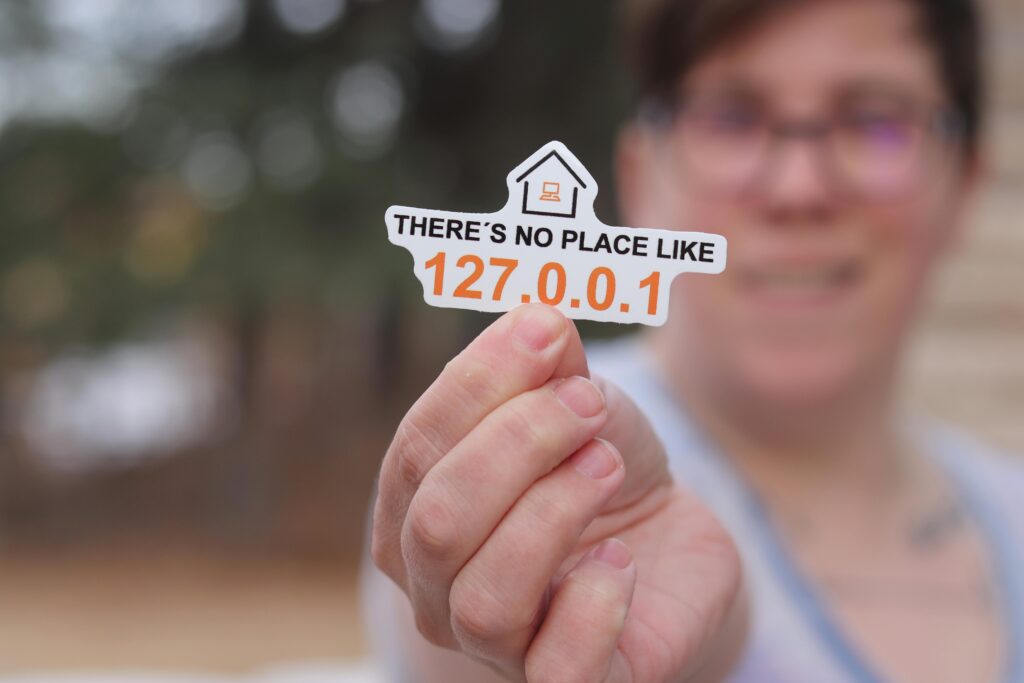
Benefits of Humor in Brand Identity
- Increased Engagement: Humor can significantly boost engagement on social media. Memes, jokes, and witty captions make content more shareable, increasing the likelihood of going viral.
- Stronger Emotional Connection: Humor has a unique ability to foster positive emotions. When people laugh, they feel good about a brand, and those positive feelings can lead to stronger brand loyalty.
- Appeals to Younger Audiences: Younger consumers, especially Gen Z and Millennials, prefer humor that reflects their own values and social commentary. Brands that align with these expectations can build stronger, more meaningful connections.
- Memorability: A funny ad or viral meme is far more likely to stick in the consumer’s mind than a generic commercial. This makes the brand more memorable and recognizable in a crowded market.
Example:
Denny’s, the American diner chain, has found great success in using humor to appeal to younger generations. Through its quirky and offbeat social media presence, Denny’s has created a sense of nostalgia and humor that resonates with younger customers. By blending humor with its traditional menu offerings, Denny’s reimagined its identity to appeal to a new, tech-savvy crowd.
The Risks of Using Humor in Marketing
While humor can be a powerful tool, it’s important for brands to be cautious. A joke that misses the mark can backfire and alienate customers. In today’s sensitive climate, humor must be inclusive, respectful, and mindful of cultural contexts. It’s crucial for brands to strike the right tone—one that reflects their values without offending their audience.
Example:
Pepsi’s 2017 ad featuring Kendall Jenner sparked controversy when it used humor to trivialize social justice movements. The backlash was swift, with many consumers feeling that the ad was tone-deaf and inappropriate. This highlights the importance of using humor responsibly, ensuring that it does not detract from the brand’s values or seem exploitative.
Also Read : The Zero-Sum Game of Ad Space Bidding: What Marketers Need to Know
How to Incorporate Humor in Your Brand Identity
If you’re a marketer looking to infuse more humor into your brand identity, here are a few tips:
- Know Your Audience: Ensure your humor resonates with your target demographic. What works for one group might not work for another.
- Be Authentic: Humor should feel natural. Forced jokes or gimmicks can feel inauthentic, which may turn consumers off.
- Don’t Be Afraid to Experiment: Social media is the perfect playground for testing new ideas. Don’t hesitate to try out different types of humor to see what clicks with your audience.
- Align Humor with Your Brand Values: Humor should align with your brand’s personality and mission. It should enhance your message, not distract from it.
Conclusion
Humor is no longer a mere accessory in brand identity—it’s an essential tool that can transform how a brand is perceived. From memes to viral content, humor allows brands to connect with consumers in a way that feels personal, authentic, and fun. As more brands embrace this approach, we can expect humor to continue reshaping the marketing landscape, especially in the United States. So, whether you’re a big corporation or a small startup, don’t underestimate the power of a well-timed joke or meme. It might just be the key to building a stronger, more relatable brand.


